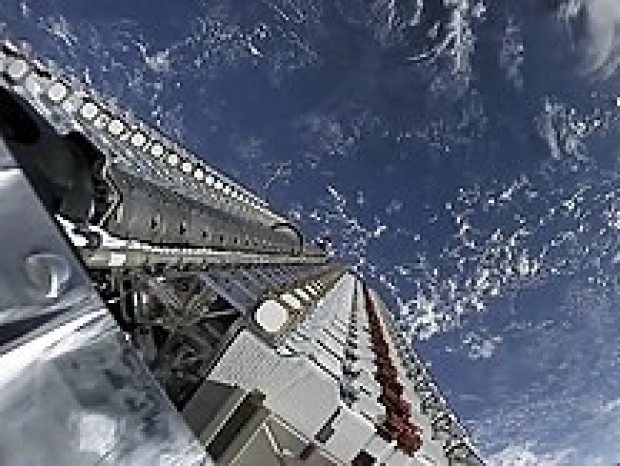According to Phys.org, to prevent collisions in orbit, SpaceX equips its satellites with krypton Hall-effect thrusters (ion engines) to raise their orbit, maneuver in space and deorbit at the end of their lives.
According to two recent notices SpaceX issued to the Federal Communications Commission (FCC) over the summer (mid-May and late June), several of their satellites have lost maneuvering capability since they were deployed. The outfit did not provide enough information to indicate which of their satellites were affected. For this reason, astrophysicist Jonathan McDowell of the Harvard-Smithsonian Center for Astrophysics (CfA) and the Chandra X-ray Center presented his own analysis of the satellites' orbital behavior to suggest which satellites have failed.
McDowell's website (Jonathan's Space Report), where he combined SpaceX's own data with US government sources. From this, he determined that about three per cent of satellites in the constellation have failed because they are no longer responding to commands. Naturally, some level of attrition is inevitable, and three percent is relatively low as failure rates go.
But every satellite that is incapable of maneuvering due to problems with its communications or its propulsion system creates a collision hazard for other satellites and spacecraft. As McDowell said: "The concern is that even a normal failure rate in such a huge constellation is going to end up with a lot of bad space junk."




